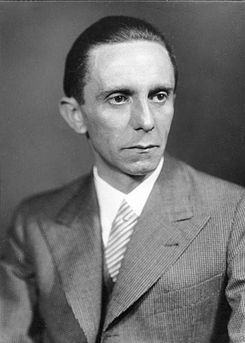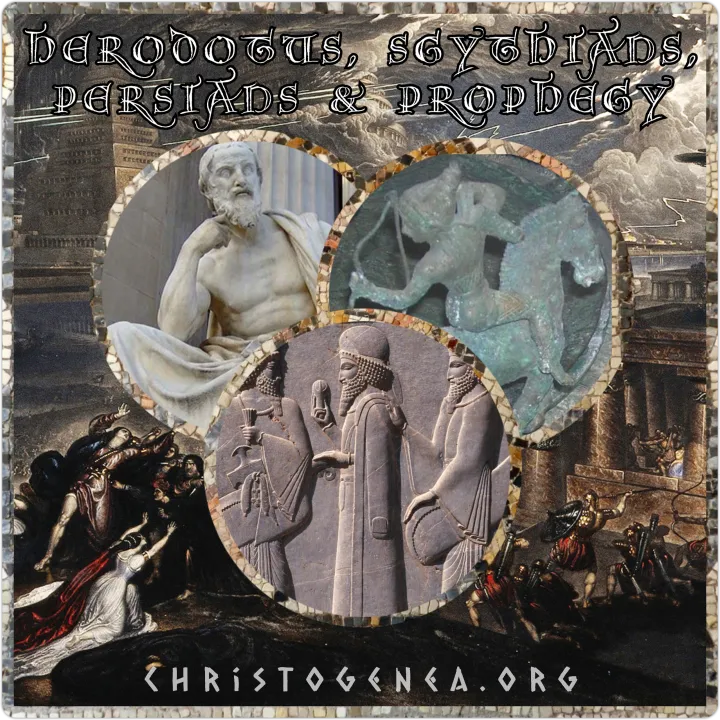Hosea Chapters 6 through 9
There was a break at 1:14, where the connection dropped and I was not sure where in respect to the presentation that had happened. Therefore some verses were discussed twice, and I left that in the recording but cut out almost all of the whitespace.
Hosea Chapters 6 through 9
Hosea 1:10 says: “Yet the number of the children of Israel shall be as the sand of the sea, which cannot be measured nor numbered; and it shall come to pass, that in the place where it was said unto them, Ye are not my people, there it shall be said unto them, Ye are the sons of the living God.” In order to realize the fulfillment of this prophecy, we must find the dispersed people of the children of Israel deported by the Assyrians, which Hosea is describing. The prophet Isaiah, speaking of the coming fate of these very same children of Israel, records these words of Yahweh in the 66th chapter of his prophecy: “19 And I will set a sign among them, and I will send those that escape of them unto the nations, to Tarshish, Pul, and Lud, that draw the bow, to Tubal, and Javan, to the isles afar off, that have not heard my fame, neither have seen my glory; and they shall declare my glory among the Nations.”
Tarshish is Tartessus in Spain. Pul is an allegorical name for Assyria after one of its kings, as can be ascertained in the books of Kings and Chronicles. Lud is Lydia in Anatolia. Tubal at this time lived on the Black Sea. Javan are the Ionians, and represents the lands of the Greeks. Within 300 years of the deportations of the Israelites, the Germanic people showed up in all of these places, threatening their very existence. They overthrew Assyria, sacked Lydia, and forced the people of Tubal up through the Caucasus mountains. They threatened Ionia, sacked Etruria – another land of the Lydians in northern Italy, and settled what became known as Gaul as far west as Spain, or what was once Tarshish. No other people ever showed up in all of these places in the centuries following the deportations of the Israelites. This is the “large place” where the children of Israel were to be fed by Yahweh, where he says at Hosea 4:16: “now the LORD will feed them as a lamb [Christ the lamb] in a large place.” With the spread of Christianity to Europe, every word of these prophecies has come true.









 Please click here for our mailing list sign-up page.
Please click here for our mailing list sign-up page.







